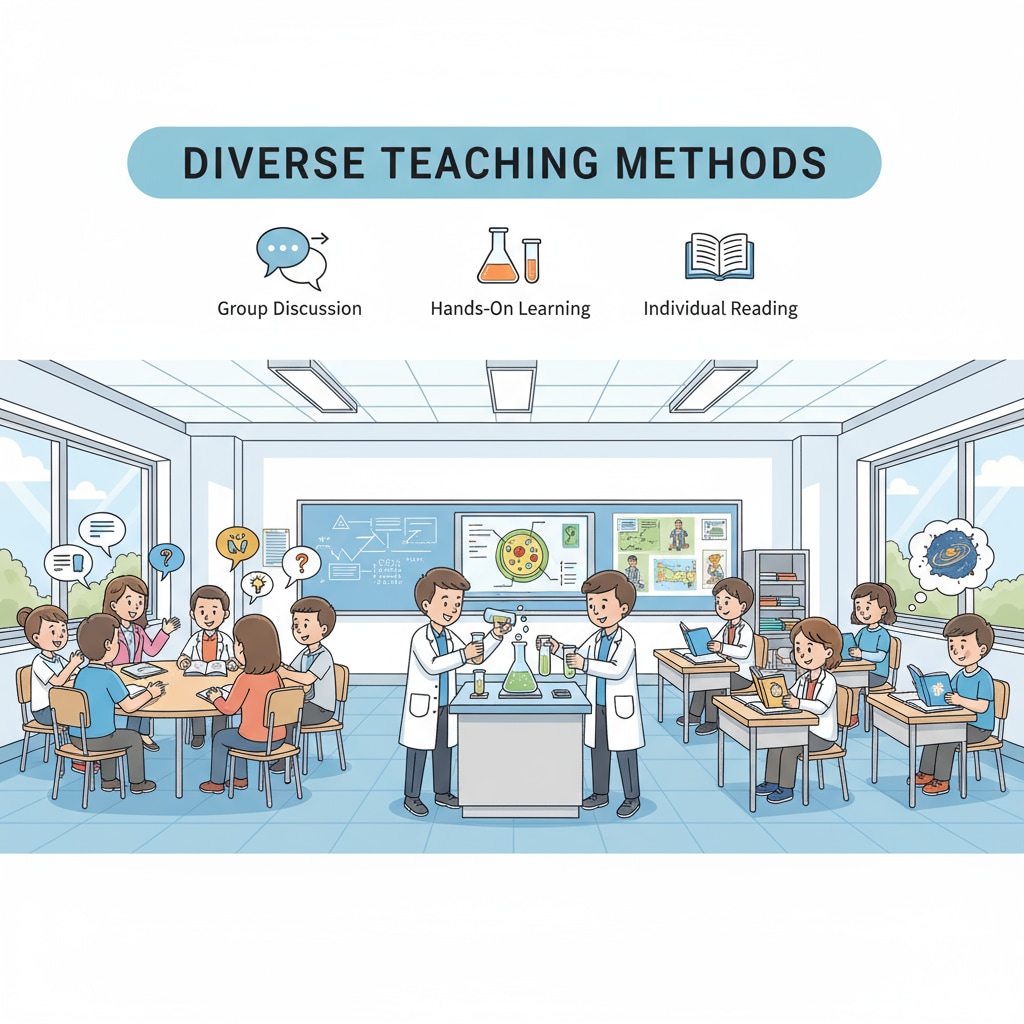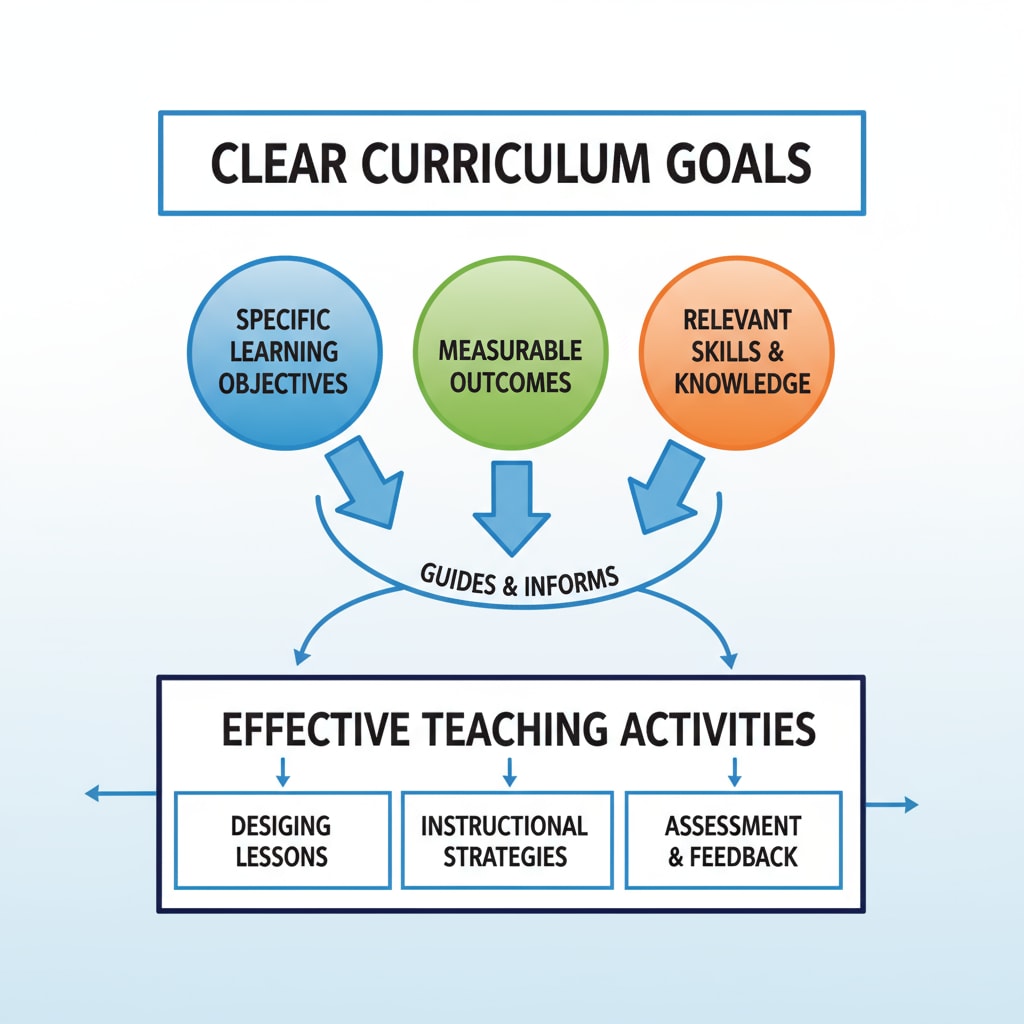Pedagogy, curriculum goals, and assessment alignment are fundamental aspects of effective education. In the context of K12 education, the lack of pedagogy knowledge among professional school teachers can have far-reaching consequences for students’ learning outcomes. This issue not only affects individual students but also has implications for the overall quality of education.
The Significance of Pedagogy in K12 Education
Pedagogy, simply put, is the art and science of teaching (as defined by Merriam-Webster). In K12 classrooms, it serves as the bridge between the curriculum and students’ understanding. A well-versed teacher in pedagogy can adapt teaching methods to suit different learning styles, engage students effectively, and promote deeper learning. For example, using hands-on activities for kinesthetic learners or group discussions for those who thrive in social learning environments. However, when teachers lack this knowledge, they may rely on traditional, one-size-fits-all teaching approaches that might not meet the diverse needs of students.

Vague Curriculum Goals and Their Ramifications
Curriculum goals provide the roadmap for what students should learn. When teachers lack a solid understanding of pedagogy, curriculum goals can become blurred. Without proper pedagogical knowledge, teachers may not be able to translate these goals into actionable lessons. As a result, students may be left confused about what is expected of them. For instance, a science curriculum goal of understanding the water cycle might be taught in a rote memorization manner instead of through experiments and real-life examples that would enhance comprehension. This lack of clarity can lead to shallow learning and students’ inability to apply knowledge in practical situations. According to Education Week, clear curriculum goals are essential for effective teaching and learning.

Assessment alignment is another area severely affected by teachers’ lack of pedagogy knowledge. Assessment should accurately measure students’ achievement of curriculum goals. However, without appropriate pedagogical skills, teachers may design assessments that do not align with what has been taught. This misalignment can give a false picture of students’ learning progress. For example, if a unit focuses on problem-solving skills in math but the assessment is mainly composed of rote calculation questions, it fails to evaluate students’ true understanding. In addition, inconsistent assessment methods can create anxiety among students and undermine the reliability of educational evaluation.
In conclusion, the lack of pedagogy knowledge among professional school teachers has a detrimental impact on K12 students’ learning. Vague curriculum goals and inconsistent assessments are significant hurdles in providing quality education. To address this issue, a comprehensive and systematic teacher training system that emphasizes pedagogy, curriculum design, and assessment alignment must be established. By doing so, we can bridge the teaching gap and ensure better learning outcomes for K12 students.
Readability guidance: This article uses short paragraphs to convey ideas clearly. Each H2 section provides key points related to the overall topic. Passive voice is minimized, and transition words like “however,” “for example,” and “in addition” are used to enhance flow. Lists are employed where appropriate to present information in an organized manner.


